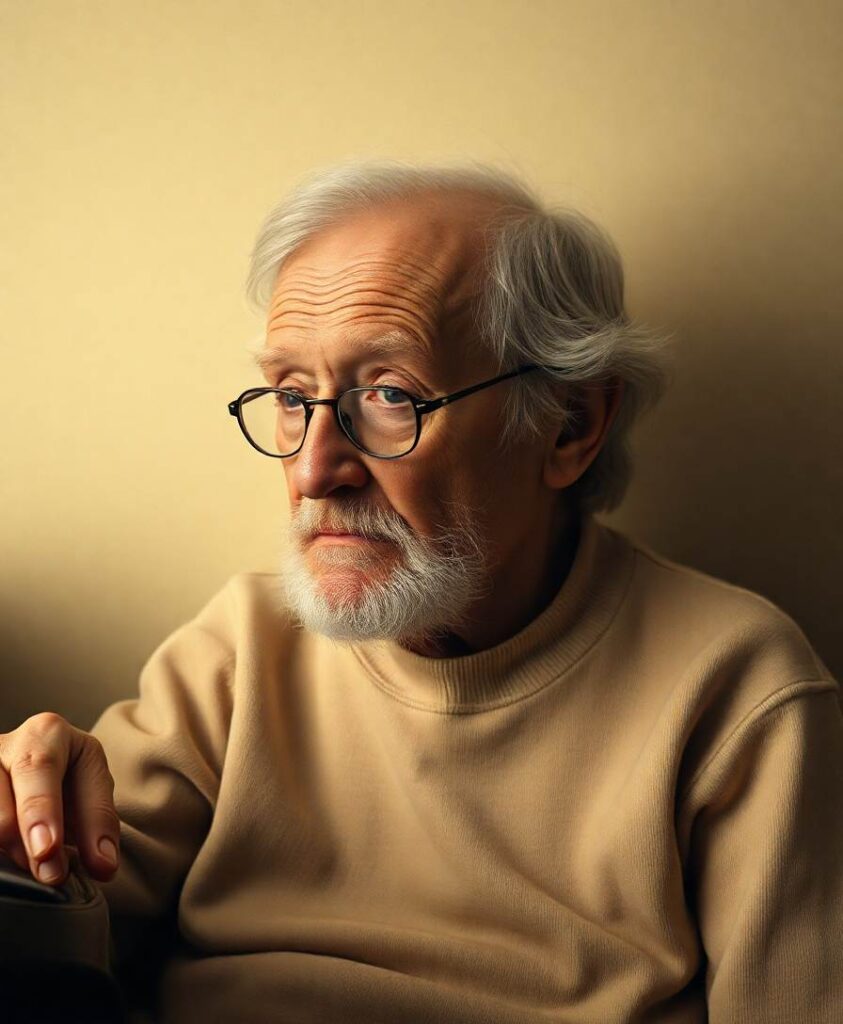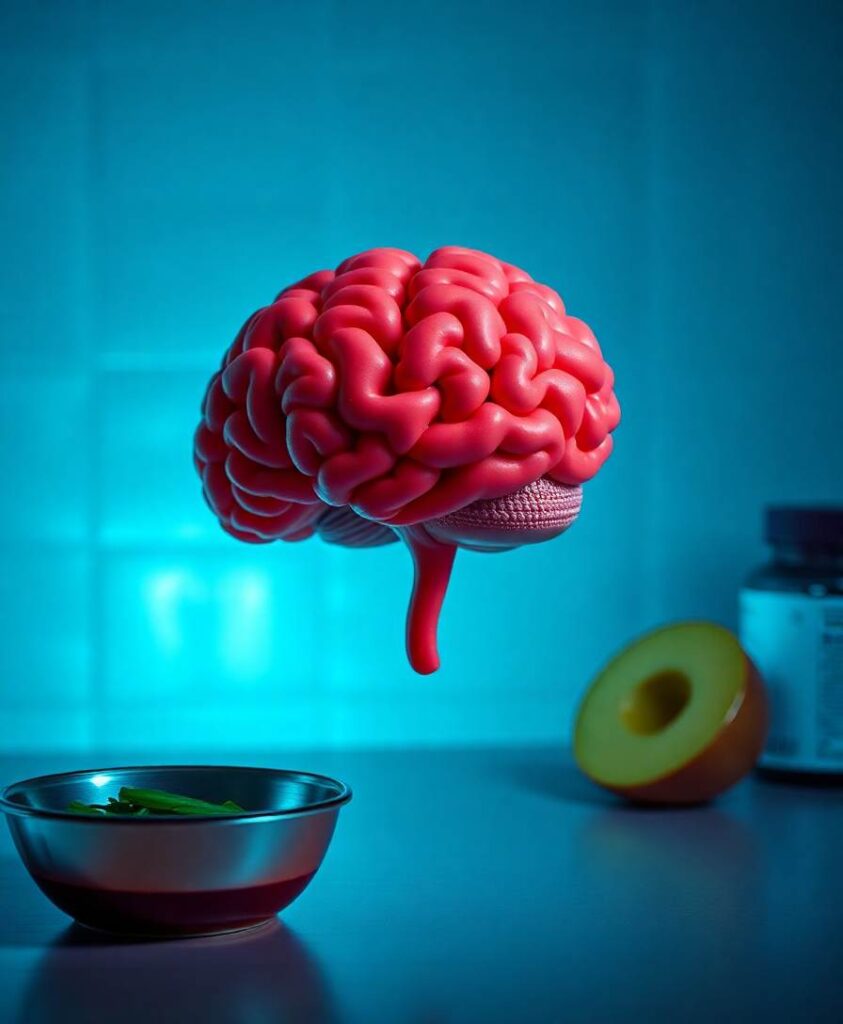The kind of immediate, in-house handoff offered by Asian Health Services is available at many medical clinics. But it’s a new concept at community dental clinics and virtually unheard of at private dental offices — even though some experts praise the model as an innovative way to make mental health services accessible to hard-to-reach populations.
Dr. Irene Hilton, a dental consultant at the National Network for Oral Health Access, said she hasn’t heard of any other community dental clinics that embed a mental health practitioner right in their office.
Doing so “totally makes sense,” Hilton said. “You can’t really engage in self-management of a chronic disease, including gum disease, or cavities, if you’re not in the right frame of mind,” she said.
Dr. Lorna Flamer-Caldera, past president of the New York State Academy of General Dentistry, agrees that dental offices are an untapped resource for addressing mental health problems.
“Depression affects such a large segment of the population that all avenues that can be used to steer patients” should be utilized, she said.
Flamer-Caldera does not screen for depression at her dental office, but she is trained to look for signs of it. She encourages patients to visit their primary care doctors if she thinks they would benefit from professional help.
Email Sign-Up
Subscribe to KHN’s free Morning Briefing.
Sign Up
Please confirm your email address below:

Sign Up
At Asian Health Services, dental patients receive a stack of forms when they check in. One is a survey that asks whether they experience anxiety, feel sad or have had negative thoughts.
If they respond yes to these or similar questions, they’re invited to chat with Zona Keo, the social worker and mental health counselor embedded in the clinic, after the dentist sees them. They can also make an appointment for a later date.
The suicide rate for Asian and Pacific Islanders was 7 deaths per 100,000 people in 2016, according to the Centers for Disease Control and Prevention. In comparison, the suicide rate among Hispanics and non-Hispanic blacks was 6.4 deaths per 100,000 and 18.1 for non-Hispanic whites.
People in the diverse and low-income populations served by community health centers often don’t seek mental health services on their own, Keo said, and they face transportation, language and cultural barriers.
That’s why she believes it’s critical to offer her services in a place patients already plan to visit, like a dental clinic.
Stereotypes and misconceptions about mental health are common among the older immigrants served by Asian Health Services, but even some younger patients are reluctant to seek help, Keo said.
“We have patients whose parents were refugees, and they feel guilty to talk about mental health because they think, ‘Well, my parents went through an actual struggle — they went on a boat, swam across a river, walked through bombs, and here I am complaining about mental stress,’” she said. “So they keep quiet.”
To avoid scaring patients away from mental health services, Keo refrains from using terms like “emotions” or “therapy.”
“I have to feel out the patient and say what I think is appropriate for each individual,” said Keo, who speaks the Cambodian language Khmer, in addition to English.
Donna Jung, a longtime social worker at Asian Health Services who works in a different building, noted that having a mental health provider there makes it easier for patients to avoid saying they’re going to therapy, because it’s a dental office.
“Some patients don’t even tell their families” out of fear of being stigmatized, but also because they don’t want to worry their children, Jung explained.
So far, Keo’s list of referrals from the dental clinic has been short and patients frequently cancel mental health appointments or say they feel better after one visit, she said.
When the clinic starts screening younger patients later this year, and as patients become more familiar with her role, Keo expects the list to grow.
“I want patients to know we’re here for them,” she said, “and that this is a dental office but also a safe space for mental health.”
This KHN story first published on California Healthline, a service of the California Health Care Foundation.


